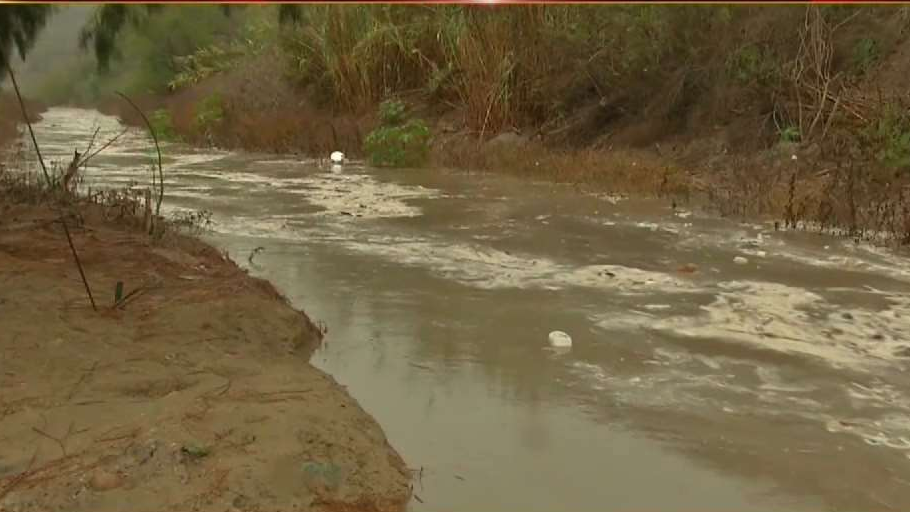San Diego voters will choose between 12 candidates to replace its disgraced former mayor on Tuesday as the city looks to close the books on a tumultuous and sordid chapter in the city’s political history.
The election to replace Bob Filner, who served just nine months before resigning amid allegations of harassment and inappropriate conduct towards women, hasn't received the national attention of mayoral races in New York and Los Angeles, but it's had its share of unusual moments. Mixed in with policy debates, candidates have fought over college transcripts and traffic tickets. One leading candidate shifted political parties twice in less than two years.
Filner has been largely absent during the 12-week scramble since his resignation, but he still looms large over the election.
“I think that everyone wants to be the anti-Filner,” said Jessica Levinson, a professor at Loyola Law School in Los Angeles who specializes in ethics and governmental reform. “You show that every aspect of your life is open and that you don’t perform sexual assaults.”
At a glance, the field looks like a group of anti-Filners. The three leading candidates, who range in ages from 33 to 46, have all served just two terms or less in state or local office. Filner, 71, ran on a three-decade career in elected office, which included 20 years in Congress. Candidates have called for increased transparency and integrity at city hall, and local media has delved deep into candidates' backgrounds.
The most intense jockeying ahead of the election has involved Republican Kevin Faulconer, a two-term councilman, and three leading Democrats -- Councilman David Alvarez, former City Attorney Mike Aguirre former legislator and mayoral hopeful Nathan Fletcher.
Faulconer, whose past portfolio of public relations clients has been the subject of scrutiny, issued a “Transparency First” plan as the election entered its final stretch, while Alvarez endorsed a proposal to amend the city's charter on public records access as a "foundation of my blueprint and vision for the future of San Diego." Both trumpeted transparency in releasing their college transcripts, which revealed that Faulconer got an A in Advanced Surfing and Alvarez received a B-minus in "Marching Band," according to local reports.
Local
Fletcher even refuted a local newspaper’s assertion that he had a blemish-free driving record by admitting to receiving a traffic ticket in 2010. His critics have still asked whether he can be trusted, pointing to the fact that he changed political parties twice in two years and his oft-repeated but false claim that he was the first in his family to go to college.
“We want to have a known quantity of our next mayor. We’re not doing this one more time,” said San Diego Republican Party Chairman Tony Krvaric, whose committee has spent heavily against Fletcher.
Fletcher had been attacked from both the left and the right. The Republican Party, which has endorsed two-term councilman Faulconer, and the San Diego-Imperial Counties Labor Council have flooded local mailboxes with nearly identical messages criticizing Fletcher's attendance records during his time in the state Assembly. Fletcher’s backers, which include several local law enforcement unions, have countered with attacks on Alvarez.
Strategists say GOP groups are wading into the fight between the leading Democrats because they'd like the inexperienced Alvarez, not Aguirre or Fletcher, to emerge in a runoff against front-runner Faulconer. But that could backfire if the 33-year-old Alvarez and his labor allies can gain traction in his bid to become the city’s first Latino mayor.
“He’s unknown, he’s never run a city-wide campaign and he’s really not known very well outside his district. But he could turn out to be a very good campaigner,” said Brian Adams, a professor of political science at San Diego State University.
Ultimately, Adams said, the election could turn on which candidate can make the best pitch on the hyperlocal issues at the top of mind for voters tuned in enough to cast a ballot in what’s expected to be a very low turnout election.
“If a candidate can convince voters that they’re the one that will actually be able to fill in the potholes better than the other candidates,” said Bryan Adams, a political science professor at San Diego State University. “That will really win them the votes.”



